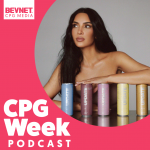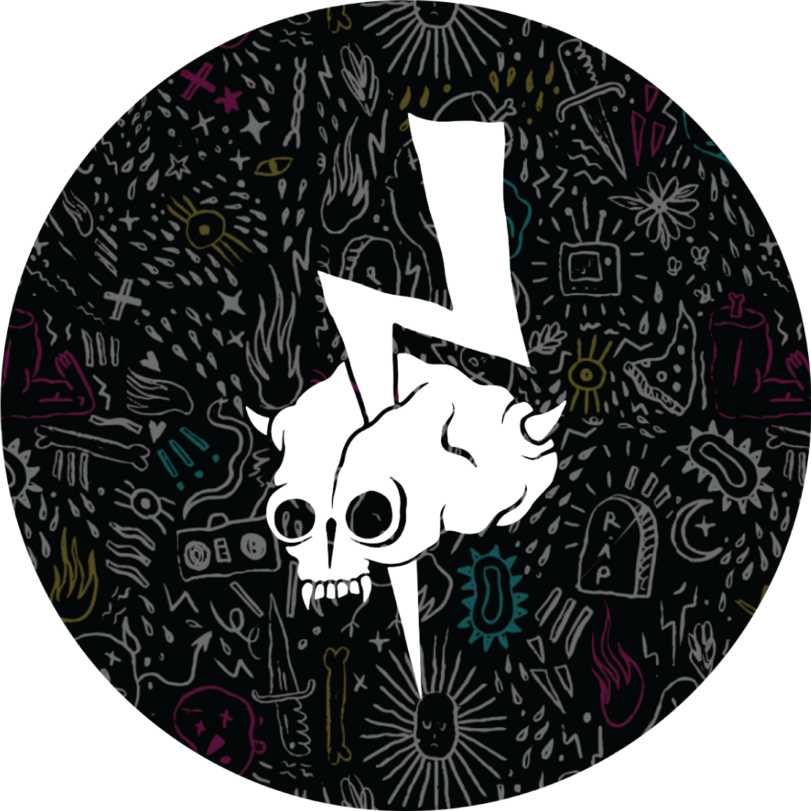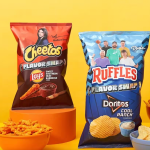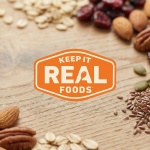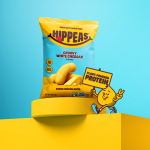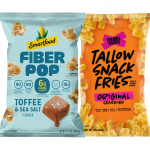Looking Back, Gourmet Guru Celebrates 20th Anniversary
In 1996, high on a hill, was a lonely goatherd who couldn’t find a way to distribute his goat cheese. Frustrated with the natural and organic sales and marketing system, the herder — Jeff Lichtenstein — decided to move back to New York City and start his own distributorship. He borrowed $10,000, bought a truck, a cooler, and a computer and was off to start Gourmet Guru distributors.

Now it’s 20 years later, and Lichtenstein has watched the industry completely evolve — from the inside. During his tenure the company has launched brands such as Applegate Farms and Fage Yogurt and has grown to be a vertically integrated sales, marketing and logistics company now covering territory from Washington, D.C. to Maine.
In this interview with Project NOSH, Lichtenstein, celebrating his 20th anniversary, provides his candid thoughts about what he’s witnessed in the industry over the past 20 years, what he’s proud of as he celebrates, and where he sees the industry moving.
We’ve condensed the interview into a question-and-answer format and edited for clarity and length.
Why did you decide to start Gourmet Guru?
It was [for] pretty altruistic reasons, I felt like there was a big void in healthy and organic options on the shelf. I especially was inspired by visiting farmers’ markets in northern California and realized that wasn’t a lot of healthy stuff available in the Northeast.
Our mission statement is “helping make the world a better place to eat naturally” and those are the reasons we started the company and still very much what drives us today.
How do you think the industry has evolved since 1996?
It’s obviously exploded, in a good way, in terms of the options across all categories.
The industry did change a lot post great-recession, in terms of a lot of money people getting into the space. I think we, along with many other folks, got into the industry for altruistic reasons, but a lot of the money folks got into it because times were tough in the finance world. And now, some [brands] stretch the definition of natural and that’s something that really needs defining. The good news is, there are also a lot of really good folks from the finance world that got into it as well.
9/11 was another transcending time of course, really accelerating the local movement as importing became more difficult and nesting so much more prevalent. We focused a lot more on local and giving back to the community ourselves after that dark day.
How do you think consumers have changed over the past 20 years?
I think that they’re certainly a lot more avid label readers. When I started the business people paid more attention to how often they changed their oil rather than what they put into their bodies. But that’s changing, especially with social media (which has given access to more information) and general awareness. Folks are paying more attention and asking more questions.
You helped launch Fage yogurt, can you talk about that experience?
Fage I found when I was first driving the truck in 1998. The owner of a store that was flying it into the States, and was the first store bringing it in, asked me if I wanted to distribute it. And I said ‘how can this sell? It’s so perishable and it’s being flown in, it doesn’t seem practical.’ But we tried it and we actually threw out more then we sold for the first six months. Proof of concept takes time. We really had to do demos and grassroots support to get the word out.
I think people just got more passionate about making an investment in themselves and just realized you have to pay a little bit more for something that’s better. We all had to stick with it because most of the people were just shopping for price, and quality was a distant priority for most people.
Where do you hope the industry will be in 20 years?
I just hope the bar of integrity is going to continue to be raised in terms of transparency in business and the food chain. Which I’m sure it will as I only see things improving there.
No one knows what natural means now. For better or for worse, we’re going to need the government to help out with this like they did with organic. How can you define what it is if you don’t know what the definition is.


